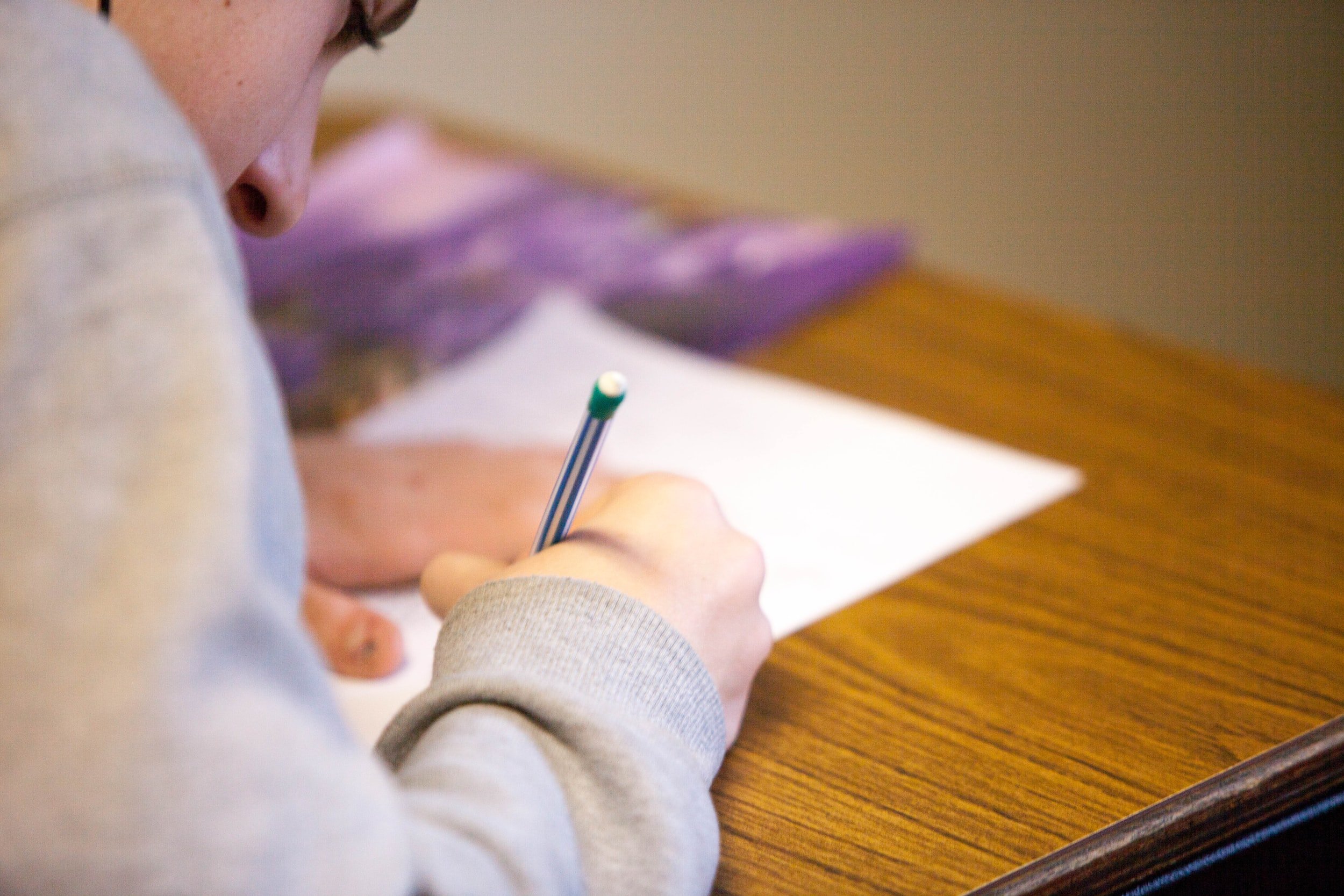Neurodevelopmental Assessments
Child Behavioural Checklist (CBCL)
Whether your child may be struggling with attention problems in school, social problems with their friends, or even displaying aggressive behaviour at home, the Child Behavioural Checklist (CBCL) can be used to assess behavioural and emotional problems in children and adolescents. The CBCL is a component in the Achenbach System of Empirically Based Assessment (ASEBA) that is commonly administered as a caregiver questionnaire to detect problem behaviours in youths. For better accuracy of assessment, the CBCL should be performed by someone who routinely interacts with the child and knows them well.
The CBCL comes in two versions, both of which take around 10-15 minutes to complete and is used to identify problem behaviours in children depending on the age of the child being referred:
Ψ Preschool Forms (CBCL 1.5–5): Children aged 1.5–5 years
Ψ School Age Forms (CBCL 6–18): Adolescents aged 6–18 years
The CBCL's main score is based on groups of behaviours that frequently occur together:
Ψ Aggressive Behaviour
Ψ Anxiety/Depression
Ψ Attention Problems
Ψ Rule-Breaking/Delinquent Behaviour
Ψ Somatic Complaints (e.g., unexplained headaches or stomachaches, etc.)
Ψ Social Problems (e.g., troubles getting along with their peers, etc.)
Ψ Thought Problems (e.g., obsessive thoughts, compulsions, etc.)
Ψ Social Withdrawal
Similar questions are grouped together and their scores are summed to produce a score for that behaviour. The scores are then normalised based on the child’s age and gender. These scores may seem difficult to comprehend, but not to worry, our child therapists will walk you through them after the assessment.
Fun Fact: Did you know that the CBCL has been translated into more than 90 languages?
The CBCL is particularly beneficial when it is unclear what might be causing a child’s problem behaviour. It can help therapists by providing an accurate and reliable assessment of a child's behavioural and emotional difficulties, which can inform target areas that clinicians should focus on during therapy. The CBCL is also designed such that it measures behaviours easily identifiable by caregivers.
While the CBCL is completed by parents and caregivers, there are two other complementary components to evaluate behavioural and emotional issues in children and adolescents - the Teacher’s Report Form (TRF) which is, as the name suggests, completed by teachers and other school staff, and the Youth Self-Report (YSR), which is completed by youths.
The CBCL is appropriate for children and adolescents ranging from 1.5 to 5 years of age or 6 to 18 years of age.
It takes around 10 to 15 minutes to complete the assessment.



